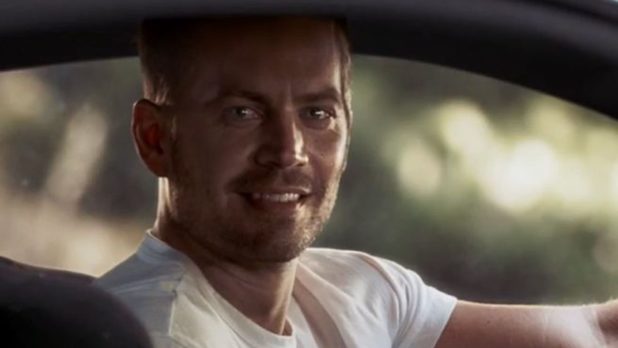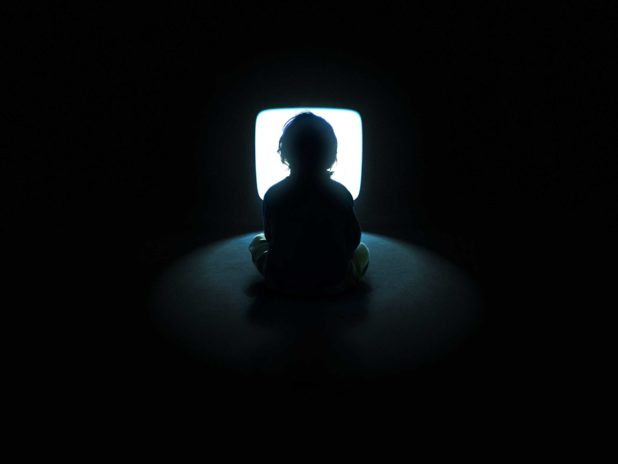Pomidor Quixote
Daily Stormer
September 3, 2019
https://twitter.com/AllanXia/status/1168049059413643265
We have to impose a worldwide ban on this kind of technology because VIDEO IS TRUTH and TRUTH CAN’T BE CHALLENGED.
Chinese face-swap app Zao rocketed to the top of app store charts over the weekend, but user delight at the prospect of becoming instant superstars quickly turned sour as privacy implications began to sink in.
Launched recently, Zao is currently topping the free download chart on China’s iOS store. Its popularity has also pushed another face-swap app, Yanji, to fifth place on the list. Behind Zao is a company fully owned by Chinese hookup and live-streaming service Momo Inc. President Wang Li and co-Founder Lei Xiaoliang, according to public company registration documents.
Users of the app upload a photo of themselves to drop their likeness into popular scenes from hundreds of movies or TV shows. It’s a chance to be the star and swap places with the likes of Marilyn Monroe, Leonardo DiCaprio or Sheldon Cooper from The Big Bang Theory in a matter of moments.
The #ZAO app even has a built in meme gif generator…Apple is way behind the curve with Memoji’s 😅 pic.twitter.com/dg5T3u7pt8
— Allan Xia (@AllanXia) September 1, 2019
Oh yeah, #Zao also works rather well with CG characters. I guess folks might not have to spend hours during character creation? I can see streamers loving this application of AI facial replacement. #DMC5 pic.twitter.com/AdpB4DIA00
— Allan Xia (@AllanXia) September 2, 2019
The photo uploads have proven problematic, however. A user can provide an existing photo or, following on-screen prompts, create a series of photos where they blink their eyes and open their mouth to help create a more realistic deepfake. An earlier version of Zao’s user agreement stated that the app had “free, irrevocable, permanent, transferable, and relicense-able” rights to all this user-generated content. Zao has since updated its terms — the app now says it won’t use headshots or mini videos uploaded by users for purposes other than to improve the app or things pre-agreed by users. If users delete the content they uploaded, the app will erase it from its servers as well.
But the reaction has not been quick enough, as Zao has been deluged by a wave of negative reviews that now sees its App Store rating stand at 1.9 stars out of five, following more than 4,000 reviews. Many users complained about the privacy issue.
“We understand the concern about privacy. We’ve received the feedback, and will fix the issues that we didn’t take into consideration, which will need a bit of time,” a statement posted to Zao’s account on social-media platform Weibo said.
On Monday, the China E-Commerce Research Center urged authorities to look into the matter. The app “violates certain laws and standards set by the nation and the industry,” the research house said in a statement, citing Wang Zheng of the Taihang Law Firm.
It’s not the first time such face-swapping apps have enjoyed popularity either in China or around the world, but Zao’s smooth and quick integration of faces into videos and internet memes is what makes it stand out.
The machine learning technology underpinning deepfakes of this kind has matured rapidly, to the point where it can believably impersonate famous personalities like Joe Rogan and make them say whatever the aspiring faker types. U.S. politicians are wrestling with the issue of how to regulate this emergent misinformation threat, and top Democrat Adam Schiff has described it as a source of “nightmarish scenarios” for the 2020 presidential election.
Yeah, but here’s the thing.
This isn’t really new tech and this isn’t really about fighting “misinformation.”
Deepfake or not, technology to swap faces of people on video has been around for decades and widely used all over Hollywood for many movies.
Paul Walker in Fast and Furious 7
Peter Cushing in Star Wars: Rogue One
There are many more examples of this. Movies have also been making actors look younger.
Fighting scenes involving characters played by older actors were a prime use case for this kind of technology even more than 15 years ago.
Remember Gollum?
This was almost 20 years ago:
Even way before that, body doubles and strategic camera angles were already tricking the audience into thinking someone was someone else.
You see, the problem isn’t really the ability to produce fake footage of someone doing something. The problem is who has that ability. The overlords are freaking out now because everyday goyim can access reality-making technology too, which threatens their Monopoly of Truth.
If this gets shut down, as some people like Jordan Peterson propose, people will continue trusting video, which makes anyone with free access to this kind of technology much more powerful.
If it gets popular and widely available, people will be likelier to question the veracity and nature of everything they see on a screen.
Is that such a bad thing?



